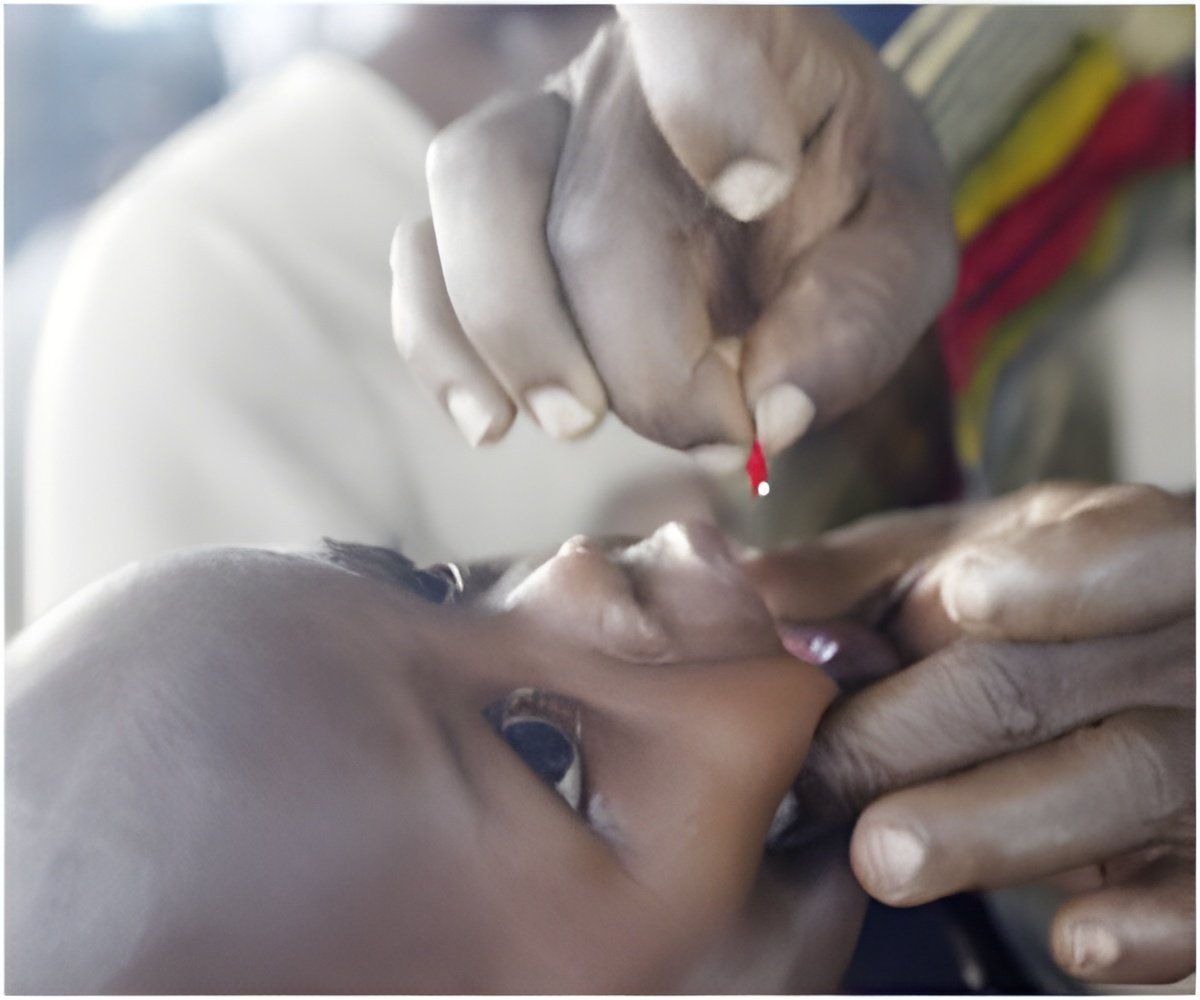Nigeria was awarded $8.1 million in funding for a final push to eradicate polio, as it nears six months without a case of the disease.

Nigeria is one of three countries worldwide where polio is considered endemic. The two others are Pakistan and Afghanistan.
But there is concern about reinfections in war-torn countries such as Somalia and Syria because of disruption to immunisation programmes.
The last case of the polio virus in Nigeria was on July 24 in the northern state of Kano. Last year, the country recorded a total of six cases, according to the Global Polio Eradication Initiative.
That compares with 53 in 2013, the group said on its website, polioeradication.org.
"Nigeria has managed an incredible feat," the head of Rotary's polio campaign in Nigeria, Tunju Funsho, said in a statement.
Advertisement
Rotary said seven other African countries would receive funding totalling $18.5 million to stem outbreaks.
Advertisement
Polio vaccination programmes in the three endemic countries have been hit by violence.
In Nigeria, some hardline Muslim clerics have viewed immunisation programmes, which focus especially on children, as a Western plot to depopulate Africa.
In 2014, there were only 350 confirmed polio cases in the world, down from about 350,000 a year when the global eradication programme began in 1988.
Source-AFP









